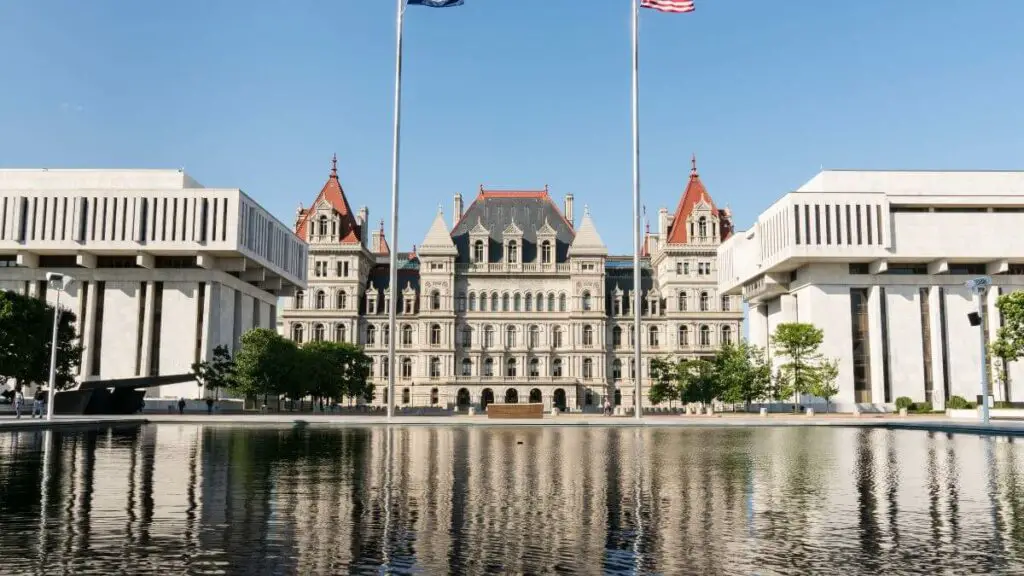Currently, financial literacy concepts are taught as part of an Economics class in high school in New York state. However, several state legislators have proposed bills to change that and make financial education more rigorous. Jonathan Jacobson of the New York State Assembly is sponsoring a bill requiring high school seniors to take a standalone personal financial literacy class to graduate. Fortunately, Jacobson’s initiative has strong support from students and educators across the state. Some New Yorkers have criticized the lack of financial literacy education as a simple bipartisan fix that could be achieved during this time of intense political polarization.
New Yorkers Pushing Personal Finance
In New York, students have taken an active role in pushing for more financial literacy education. At the elite Stuyvesant high school, a student helped add Personal Financial Literacy as an elective. The course was so popular that its student founder, Anisha Singhal, was actually waitlisted, and additional students have asked to audit the course (meaning to observe without earning academic credit). Some state high schools offer Personal Financial Literacy as an elective, but it is not required to graduate. Advocates of more financial literacy education, like financial planner Irene Berner, assert that financial literacy is an equity issue. The lack of required education in schools leads to a gender gap in financial knowledge. Currently, men have higher rates of financial literacy than women, but the gap would be reduced by requiring classes on the subject in high schools.
New York City, as Finance Capital, Needs Financial Literacy
If there is any state that should be a top competitor in financial literacy, it is the home of the world’s financial nexus: New York City. As the home of Wall Street and the New York Stock Exchange (NYSE), New York City hosts 45 Fortune 500 companies and a huge finance industry that services the globe. And, in terms of K-12 education, New York City has the world’s largest single school district – not surprising given that NYC is America’s most populous city. Thankfully, the state is on the case of figuring out a path forward on financial literacy education by conducting research on the issue. In September 2022, the Office of the New York State Comptroller determined that the state needed to do more to ensure financial literacy. Urging the legislature to require a standalone Personal Financial Literacy class for high school graduation would certainly help!
The American Public Education Foundation currently scores New York at a “D” for financial literacy, with only a handful of personal finance standards included in high school Economics classes. 2021 saw some legislative movement toward improving such education, but a bill mandating actual changes to public school curriculum did not materialize. New York should seize its unique status as a finance hub – including government finance like monetary policy – to improve its financial literacy education score. For example, the New York Fed Museum & Learning Center would be an amazing place to take high school seniors in an Economics or Personal Financial Literacy class. Learning about monetary policy at the largest Federal Reserve Bank would be a terrific way to engage teenagers and ensure retention of material!

